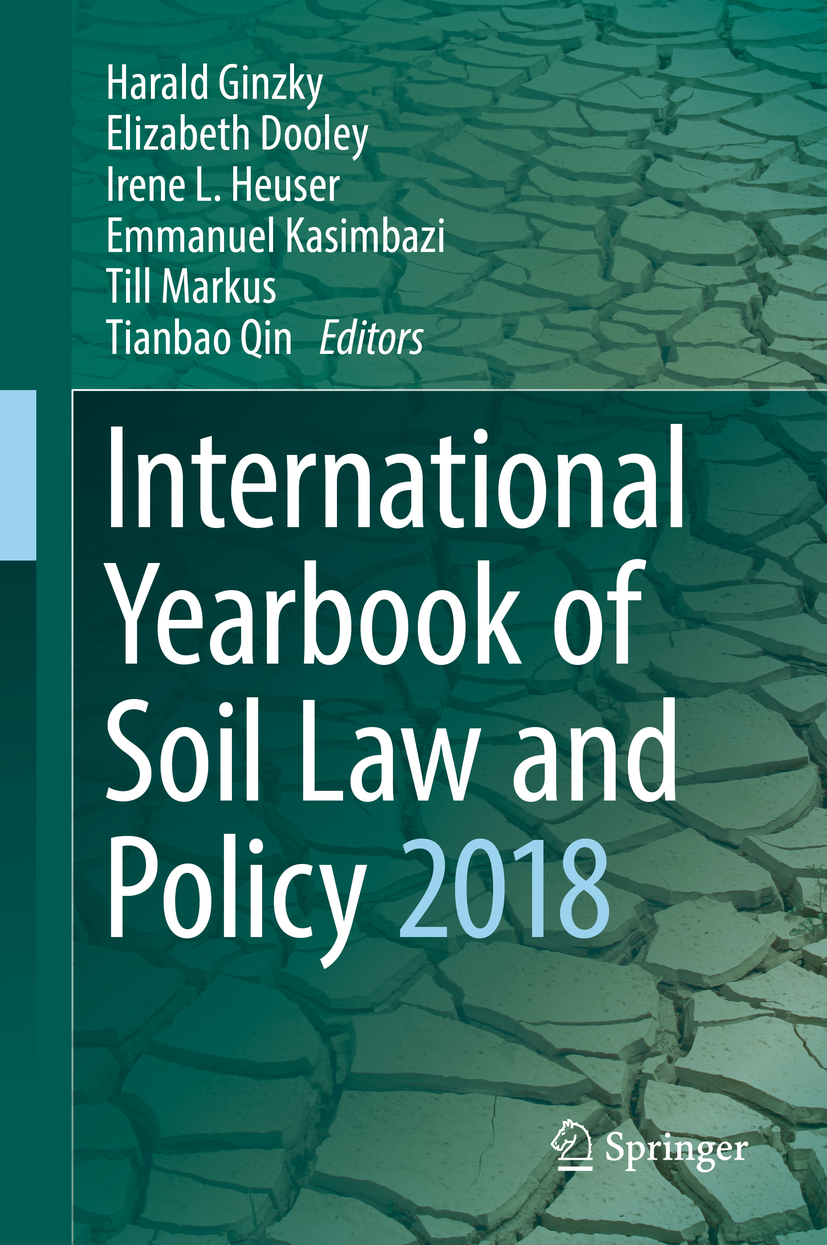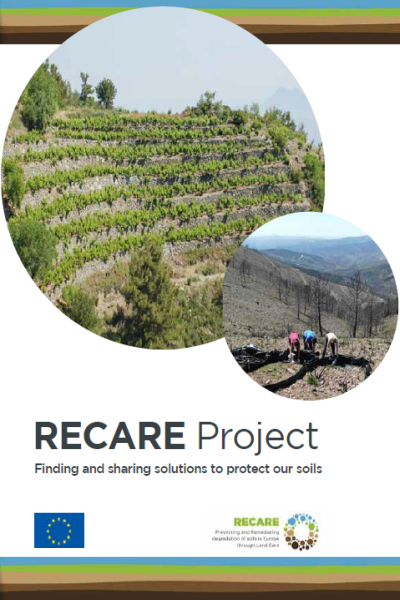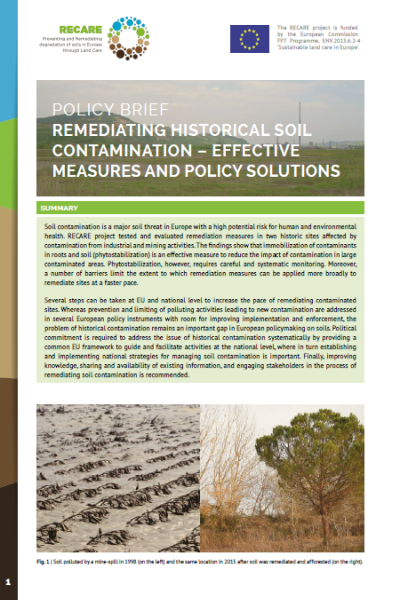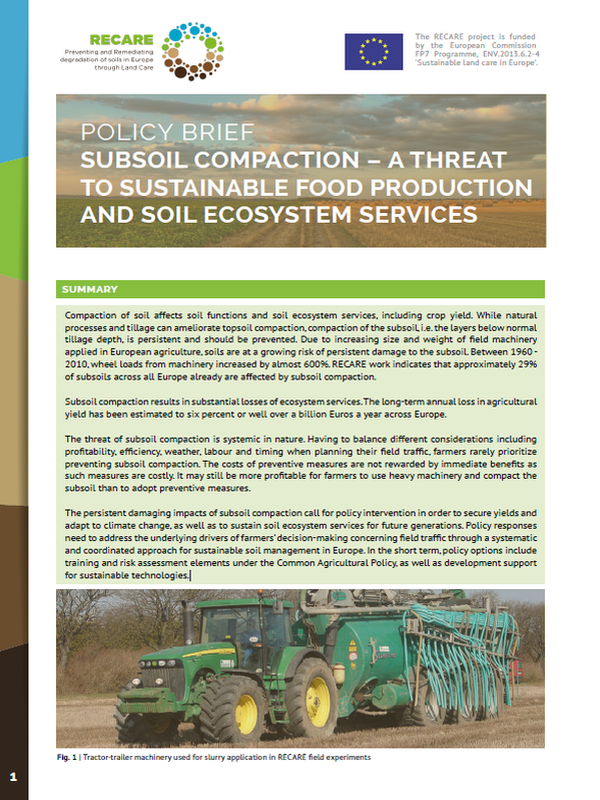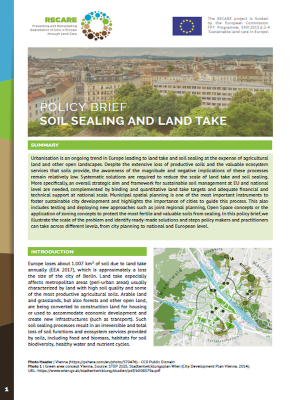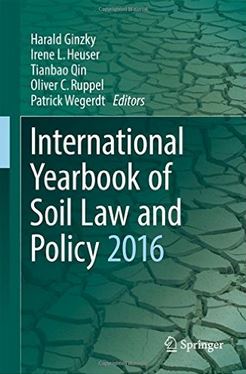Land Take and Soil Sealing – Drivers, Trends and Policy (Legal) Instruments
Insights from European Cities
- Publication
- Citation
Naumann S. et al. (2019) Land Take and Soil Sealing—Drivers, Trends and Policy (Legal) Instruments: Insights from European Cities. In: Ginzky H., Dooley E., Heuser I., Kasimbazi E., Markus T., Qin T. (eds) International Yearbook of Soil Law and Policy 2018. International Yearbook of Soil Law and Policy, vol 2018. Springer, Cham
Urbanisation is an ongoing global trend that results in a considerable level of new land take and the loss of soil and its functions. This article reveals how different EU cities have addressed these issues through specific approaches with a focus on efficient land use. Lead by the Ecologic Institute, this analysis was carried out as part of the FP7 project
"Preventing and Remediating Soil Degradation (RECARE)".
The analysis included the following cities: Cambridge, Milan, Nantes, Regensburg, Stockholm, Vienna and Wroclaw. Drawing on statistical analysis and qualitative interviews with city-level practitioners, we looked at trends in soil sealing and land take. On this basis, we outline relevant policies and legislative items that can prevent or reduce land take and soil sealing and highlight success factors and barriers to the implementation of these policy instruments.
The results show that the reduction of land take and soil sealing cannot be implemented in an isolated programme, but rather need to be pursued as an integrated approach with other sustainability objectives (e.g. energy efficiency, conservation of agricultural land, reduction of traffic, and increase of biodiversity). Conclusions highlight the importance of having a robust national policy framework and of setting quantitative land take targets. These should adopt a long-term vision regarding city development and should recognize the value of soil. A key driver for successful sustainable urban development is the deployment of new planning approaches to overcome silos and tackle soil sealing at a wider scale, such as joint regional planning. Moreover, focus should be on developing areas within the city (e.g. reusing brownfields and investing in renovating buildings) before expanding city peripheries through new developments.
This yearbook 2018 presents an important discussion on urbanization and sustainable soil management from a range of perspectives, addressing key topics such as sustainable cities, soil sealing, rehabilitation of contaminated soils, property rights and liability issues, as well as trading systems with regard to land take.
The "International Yearbook of Soil Law and Policy" series discusses central questions in law and politics with regard to the protection and sustainable management of soil and land – at the international, national and regional level.
